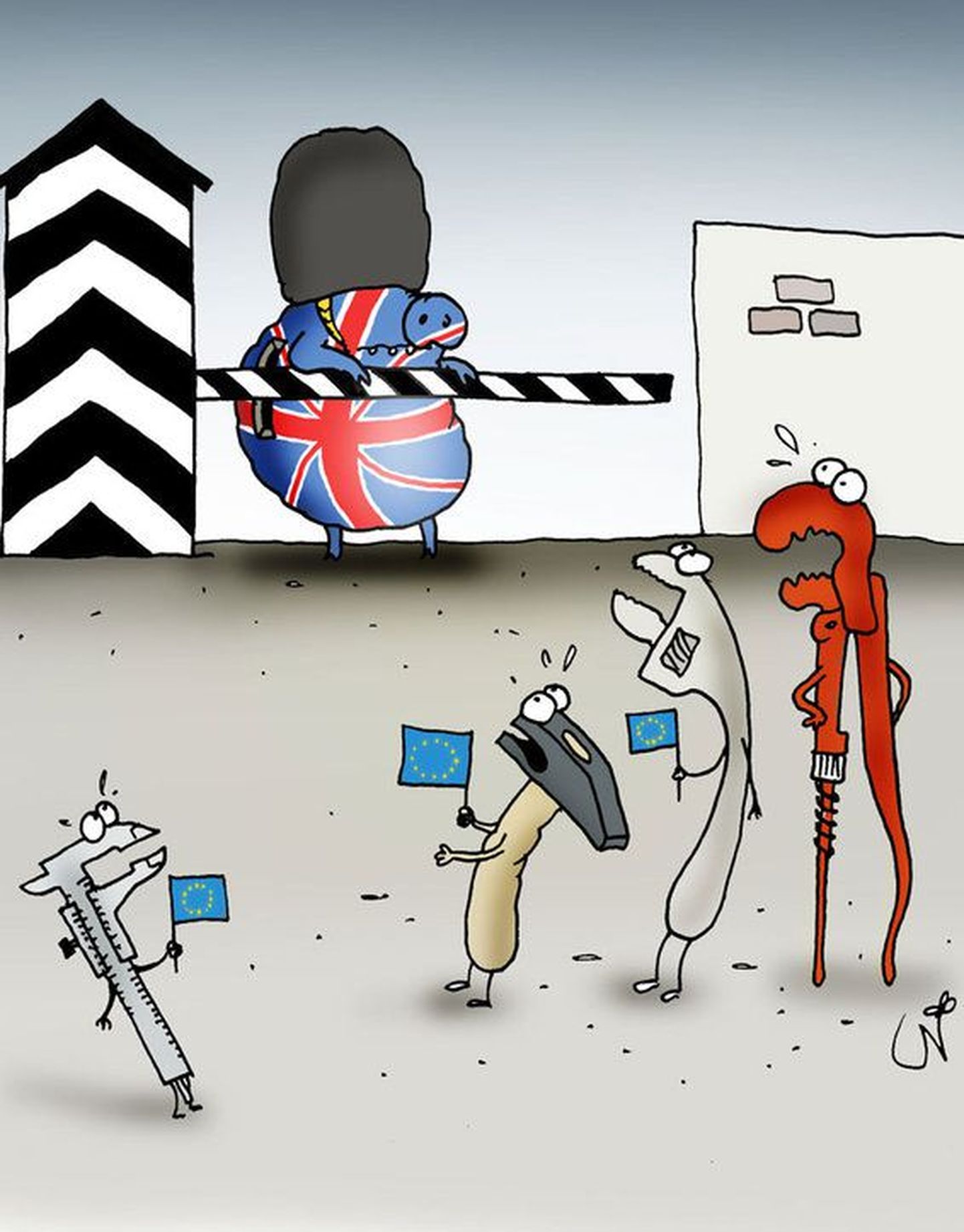It’s a bit hard to believe that limits on inflow would so enhance the UK economy as to outweigh souring relations with EU. Statistics say it’s a problem rather marginal. As also confirmed, a few days ago, by EU internal affairs committee: only 2.8 per cent of EU citizens live in another state; most of these have moved because of work, not social care.
To get even more definite: according to a European Commission report, only 2.6 per cent of those applying for unemployment benefits in UK were from abroad. And: only 13,000 applicants had come from some East-European state joining EU in 2004 i.e. less than a percent of all asking for aid.
Rather, Prime Minister David Cameron is spurred by a desire to raise popularity amongst the largely eurosceptic conservatives who, for a long time, have looked down on the unfair relations with UE – as they see it. The fight is rather for votes, not so much for wider state interests. UK parliamentary elections looming, UKIP – successfully sowing fear of immigration – is also threatening to take a large share of votes at springtime European elections as well.
True: UK-European relations have seldom been totally cloudless. To this, crisis added a weightier-than-before economic twist: allegedly, London put more into helping crisis-states as it benefited from being a member. Even so, the UK-EU relationship is increasingly looking like a dysfunctional marriage; the debate over free movement of workers only being one among many nags. Also: this won’t be the first time London attacks the European foundational notions. A few years ago, UK was isolated somewhat, in Europe, due to Threats by Mr Cameron to veto the EU budget. Even then it was considered that Mr Cameron had taken issue with the holiest of holies and begun to, as remarked by Philip Stephens of the Financial Times, «unpick the essential fabric of the [European] single market». Not helped, naturally, by the vow to hold a British in-or-out EU referendum.
It’s quite another matter to which degree London itself feels the threat to be cut off from the rest of Europe. Allegedly, in 1940ies while the mist again covered the Channel, a British newspaper published a story headlined Mainland Cut off from Great Britain. Europe being the party cut off, not England herself. The notion looks not to have changed much.
